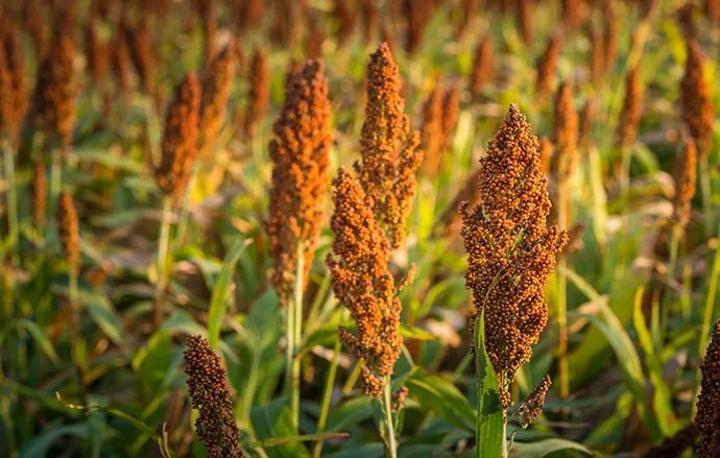Africa-Press – South-Sudan. The government of Northern Bahr El Ghazal State in South Sudan has on Tuesday announced a temporary exemption on taxes for sorghum, a staple crop, until the next harvest season. This measure aims to make sorghum more affordable for residents by preventing traders from inflating prices, which often burdens consumers already struggling to afford necessities.
The decision emerged from an extraordinary cabinet meeting held the previous Thursday. According to the State Minister of Information, Gabriel Yel Deng, the proposal was introduced by the State Minister of Finance, Ruay Dut Akol, and received strong support from most cabinet members.
The tax exemption will remain in place for four months, ensuring broader access to sorghum, a critical food source for the region’s residents.
“Sorghum is a staple for our people, yet many struggle to afford it due to economic hardships,” Yel explained. “Our citizens often resort to selling livestock or engaging in small-scale economic activities to survive. This exemption is designed to ease their burden during these challenging times.”
Yel highlighted the dire circumstances faced by locals, noting that assessments conducted by the government revealed widespread food insecurity. “Many go to bed hungry,” he said. “The Finance Minister’s proposal to suspend sorghum taxes was warmly embraced by the cabinet as a practical step to address this crisis.”
The minister also pointed to external factors exacerbating the situation, including the ongoing war in Sudan, which has disrupted food supply routes.
“The roads that once brought food from Sudan are now blocked due to the conflict,” Yel noted. “With local farming being the primary source of food, supporting agricultural efforts through this tax exemption is both timely and essential.”
To ensure compliance, the government has vowed to crack down on traders who fail to adhere to the tax exemption and continue to inflate sorghum prices. Currently, 4 kilograms of sorghum costs approximately 14,000 South Sudanese Pounds (SSP), a price many residents find unaffordable. Violators of the new policy could face penalties as authorities aim to stabilise the market and protect consumers.
In a separate decision, the state government introduced a new 20% tax on livestock, including cows and goats, transported to Juba for sale.
This measure seeks to generate revenue while addressing the depletion of cattle in Northern Bahr El Ghazal.
“We’ve noticed a significant loss of livestock from our state,” Yel said. “This tax will help us pool resources to support local development while ensuring sustainable management of our livestock resources.”
The dual policies reflect the government’s efforts to balance immediate relief for residents with long-term economic strategies.
For More News And Analysis About South-Sudan Follow Africa-Press






